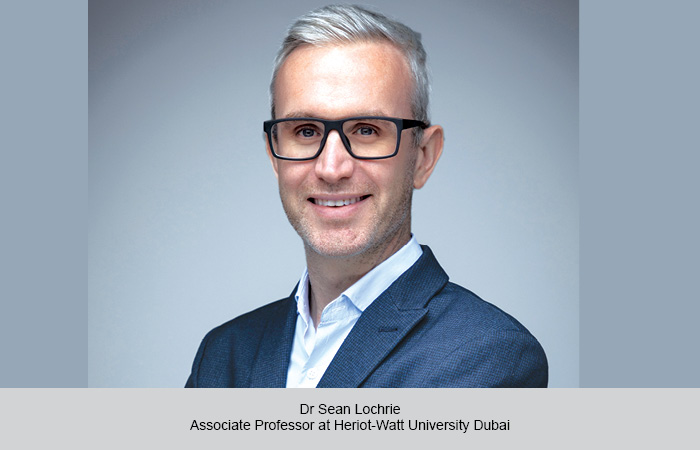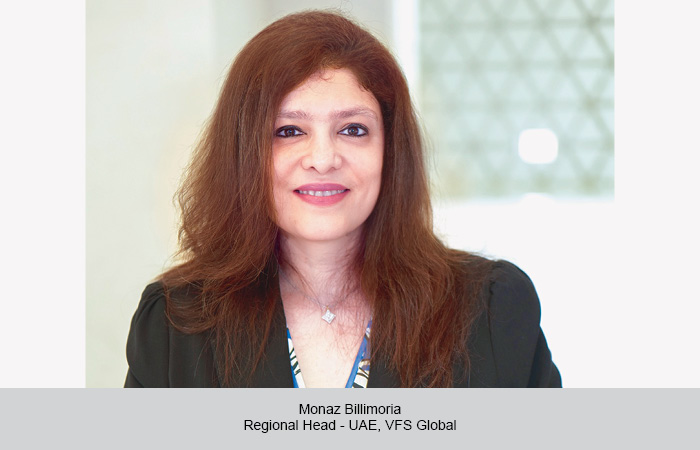UN Tourism, a specialised agency of the United Nations, is strategising innovative ways to educate and take forward the sustainable development practices around the world. Basmah Al-Mayman, Regional Director for the Middle East, UN Tourism, shares insights on policies carried out by way of education, investment, innovation and technology to transform the livelihoods of people across the globe.
Dr Shehara Rizly
Could you share how UN Tourism is reshaping the industry?
The UN Tourism is a UN specialised agency with a mandate to promote tourism as a driver of economic growth, inclusive development, and environmental sustainability. In order to anticipate, address and overcome the new challenges and trends of the tourism sector, UN Tourism is focusing on a strategy on innovation, education, digital transformation and investments as the keys to achieving the United Nations Sustainable Development Goals (SDGs) by 2030 while maximising the sector’s potential in terms of economic growth, job creation, sustainable development, women, youth and local community empowerment, and efficient resource management. The UN Tourism Data Dashboard provides statistics and insights on key indicators for inbound and outbound tourism at the global, regional and national levels. Two special modules present data on the impact of COVID-19 on tourism, as well as a policy tracker on measures to support tourism.
How does UN Tourism work on sustainable practices? There was a chart introduced a few years ago, how does it work in the travel, tourism and hospitality industry?
Tourism has the potential to contribute, directly or indirectly, to all of the Sustainable Development Goals (SDGs). In particular, it has been included as targets in Goals 8, 12 and 14 on inclusive and sustainable economic growth, sustainable consumption and production and the sustainable use of oceans and marine resources, respectively. Sustainable tourism is firmly positioned in the 2030 Agenda. Achieving this agenda, however, requires a clear implementation framework, adequate financing and investment in technology, infrastructure and human resources.
Are there any training sessions for those engaged in tourism related fields?
Yes. Actually, through our UN Tourism Academy, we are helping UN Tourism Member States by offering them a comprehensive portfolio of products and options to address their needs among a variety of programmes and training courses.
Will there be an impact with AI?
No doubt that when planning the development of tourism human capital, it is important also to note that the human capital needs of the tourism sector in 2030 will differ from those of the industry today. We will see the emergence of new types of tourism businesses, products, services, and professions, requiring different competencies, knowledge, and personality attributes. AI might replace some employees working for analysing travel behaviours or other related back-office jobs. Meeting the new demands will require concerted efforts and the UN Tourism Academy is taking a leading role in addressing emerging needs.
 TravTalk Middle East Online Magazine
TravTalk Middle East Online Magazine






